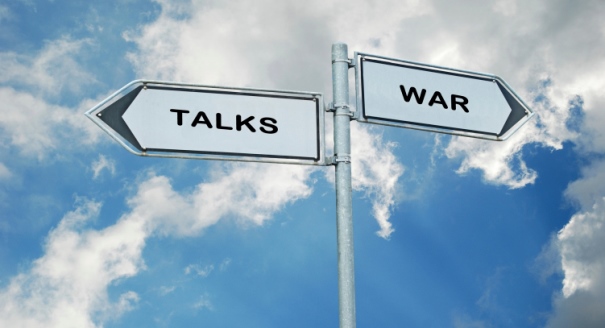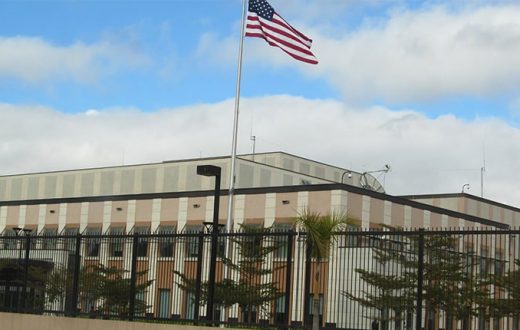My father used to say when I was young “A diplomat is someone who can tell you to go to hell and make you look forward to the trip”. There is some kind of truth in that statement. Indeed a good diplomats always have to keep his goals in mind and to convince his audience, no matter what. But it’s more than just convincing , it is actually understanding and considering the goals of the other parties involved. The ideal situation for a diplomat is a win-win situation , but where you actually win more than anyone else.
Contact with the Locals
Being a good diplomat also involves the ability to talk to locals, not just to communicate with country leaders.A good diplomat needs to have the language skills to communicate and interact with locals on the street. It is not sufficient to be able to speak to the country’s leaders. It is, of course, an important part of a diplomat’s job to report, accurately, exchanges with the host government; but to anticipate trends and to detect straws in the wind you need diplomats who can mingle with those outside of government who may yet influence public opinion.
Possess an abiding interest in and passion for the art and craft of diplomacy and international relations.
The most important part of being a diplomat or working in the field of International Relations. If you do not have a compelling instinct to learn about the world, pursue a different profession.
Write well and quickly
Work hard on your ability to rapidly produce quality writings . Read and learn from great writers. Try George Orwell, Machievelli or even Stephen King.
Pay meticulous attention to details
Whether your work is going to the President or Prime Minister, to your immediate superiors or to your peers, each deserves a flawless product. Mistakes are and will not be allowed. Be exigent with yourself. Jeff Bezos a famous American Billionaire declared : “If you don’t understand the details of your business you are going to fail.”.
Be a tough and effective negotiator
Getting to yes is not the objective of a diplomat. Begin instead with what best serves your country’s national interests and then seek to achieve a negotiating outcome as close to those requirements as possible. Be ready to formulates red lines and do not compromise beyond them. Never let the others diplomats set up the agenda. Be the Master of the debate.
Accept dangerous assignments
Diplomats frequently serve in menacing locales, sometimes die in the line of duty. From Libya to Iraq to Afghanistan and beyond, this is not a line of work only conducted in rarefied surroundings. Reflect on your degree of anticipated personal courage before entering this profession.
Study history
Knowledge of history does not provide exact policy prescriptions in present circumstances, but it does illuminate choices and raise central questions of policy formulation and implementation. A good start is Henry Kissinger’s A World Restored.
Know your political ideology
No matter how flattering a foreign policy job proposal may be, ask yourself whether your ideology is compatible with that of the offering institution. Not to do so is to invite endless professional pain and torment.





